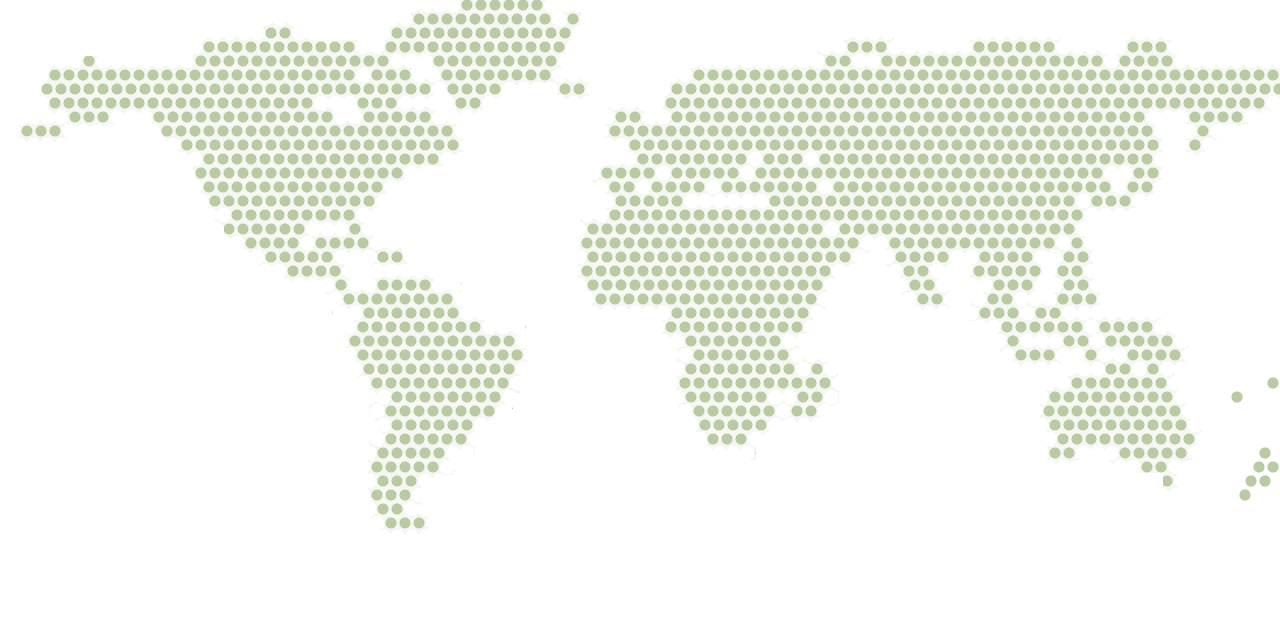Activity List
Activity List
A Country Lead Initiative (CLI) in support of the UNFF -- 2005PROFOR sponsored an initiative led by Costa Rica - "Innovative Financial Mechanisms: Searching for Viable Alternatives to Secure Basis for the Financial Sustainability of Forests" - in support of the 5th United Nations Forum on Forests (UNFF5).The CLI worskshop took place in San Jose, Costa Rica, from March 29 - April 1, 2005 and comprised three working days and a field trip to sites where participants learned about payments for environmental services.
Read More
PROGRAM SUMMARYThe objective of this activity is to provide information and guidance to World Bank operational staff, policy makers in client countries, and other donors on how to strengthen forest tenure security in practice, and as a foundation for achieving the goals of poverty reduction, sustainable forest management, social equity, conservation, and climate change mitigation/adaptation. CHALLENGESecure tenure is widely recognized as an essential foundation for achieving a range of rural economic development goals. However, forest areas in low and middle-income countries face particular…
Read More
CHALLENGEAre land-based carbon projects good for local people?Many rural communities are keen to embark on carbon projects as a way of generating income, jobs, and other social benefits. Offset buyers are also attracted to the idea of reducing emissions and simultaneously helping local people. Others are wary that these projects may do more harm than good. However, until recently, there was no clear methodological guidance for carbon project developers to track social and biodiversity impacts. The combination of robust standards for assessing the social performance of projects, and the use of…
Read More
CHALLENGEGovernments are increasingly aware that REDD+ frameworks will need to include benefit sharing mechanisms that promote social and environmental safeguards while seeking full and effective participation of indigenous peoples and local communities (as stated in UNFCCC Decision 1/CP.16 adopted at COP16 in Cancun in December 2010). How to design and establish REDD+ frameworks and policies in countries while guaranteeing equitable benefit sharing mechanisms and adequate incentives for REDD+ purposes, however, is less clear and a significant challenge for countries trying to get ready for…
Read More
CHALLENGEOver the past two decades, several countries have reformed their state forest institutions to improve the management, administration and governance of forest resources, and the delivery of products and services from forests in response to changing market and public demand. Reforms have focused on strengthening economically and environmentally sustainable forest management.In Vietnam, a series of restructuring steps have taken place over the past 15 years. However, progress towards transforming state forest enterprises (SFEs) into commercially viable businesses based on sustainable…
Read More
CHALLENGEInvesting in productive functions and use of forests through sustainable forest management (SFM), forest and landscape restoration, and afforestation and reforestation, could yield significant multiple wins of climate change mitigation, increased climate change resilience and adaptation, and green growth. Through the Stimulating Private Sector Engagement in REDD+, SFM and Landscape Restoration Activity, PROFOR is building evidence to support a broader approach to REDD+ that would incorporate the potential of productive functions of forests to mitigate climate change.Current REDD+…
Read More
CHALLENGEDeforestation, accompanied by GHG emissions, continues in Peru’s 65 million ha of tropical forest largely because bare land is worth more than forests. Most non-forest activities generate revenues more quickly and with less capital than forestry. Two market failures preventing forestry from being more competitive:1. The historic inability of Peruvian manufacturers to engage with communities in "win-win" arrangements that yield a stable supply of raw materials, and development impacts to under-serviced forest communities in the Amazon; and2. The lack of a system that allows both…
Read More
APPROACHSince 2008 in Guatemala the World Bank's FLEG program has supported the national forest authority (Instituto Nacional de Bosques INAB) by providing assistance in the implementation of the Strategy to Combat Illegal Forest Activities. In its initial phase this assistance aimed to develop the necessary analytical work to understand the institutional, socio-economic and environmental causes of illegal activities.RESULTSOutputs included :a proposal for policy and legislative changes and adjustments resulting from analytical work and a technical proposal for institutional changes to…
Read More
CHALLENGEMany issues plague the forest sector in Peru -- from ill-conceived forest policy, to limited institutional capacity to prevent and control illegal logging, as well as a lack of transparency and corruption, limited cooperation between stakeholders from producer and consumer countries, and limited indigenous/local community and civil society participation.As a result of the social unrest related to forest legislation in 2009, the country is revising its forest policy. Civil society could play a particularly critical role in ensuring public administration transparency and accountability…
Read More
PROGRAM SUMMARYThe objective of this activity is to strengthen the capacity of Governments in Central America (Guatemala, El Salvador, Honduras, Nicaragua, Costa Rica and Panama) to develop strategies for a low-carbon emission economy in line with the commitments made at COP21 (also called the Paris Climate Conference) through a broad based regional policy and technical dialogue. The activities supported by PROFOR will specifically target the land-use, land-use change, and forest sector and will create synergies with other sectors identified in the countries’ Nationally Determined…
Read More









